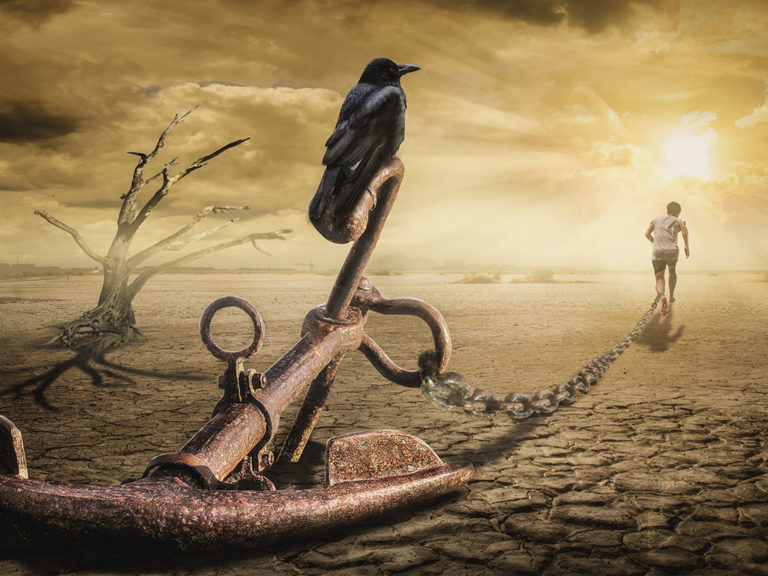Does what happened in the past stay in the past? Absolutely not. One of the most significant triggers for childhood relationship trauma are adult relationships.
If our partner, for example, gets angry or neglectful, similar experiences from childhood that we are not consciously aware of may become restimulated. We may become hurt or despondent beyond what the current situation merits because unresolved hurt from the past is getting mixed up with hurt in the present and making it feel more unbearable or intense than it might otherwise feel.
The Brain Wants Someone To Blame
But because the thinking brain always wants an explanation, we all too often look for the one nearest at hand:
- “My husband or wife is really awful.”
- “If only my kid were better behaved I wouldn’t be so upset.”
- “If my partner would only change…”
We blame what we can see. The person right in front of us gets a mix of past and present reactions. We may remain totally out of touch how deeply our own past may be altering the intensity of our emotional reactions.
We Don’t Know What We Don’t Know
Yesterday’s pain, anger, and confusion is projected onto today’s relationships without knowing why. Over time this becomes a self-fulfilling prophecy. We actually recreate the fear and pain that we experienced as children in our adult interactions. To complicate matters further, we may see the solution to our problems as continually changing the situation we’re in. Instead, we need to examine what, inside of us, might be contributing to recreating painful relationship dynamics.
Revisiting The Past’s If Onlys
“If only I had a better house, spouse, or boss I wouldn’t feel so helpless, angry and alone. I better change them so I can feel less lonely and stressed.”
More often than not, the real change that needs to happen is within us. We need to change our own history by revisiting it. We can do this by:
- Hearing someone talking about a scene we identify with (Support groups)
- Watching a psychodrama that feels all too familiar
- Doing a role-play ourselves that allows us to revisit a moment from our past so that we can change how we experience it.
Three Benefits Of Confronting The Past
First, when we do some intentional healing process such as this, we are able to see the same situation with new, informed, and adult eyes. We understand that we were not the cause of the problem after all.
We also see that our shame and guilt over having been a bad and blamed child was perhaps misplaced. It was simply an immature child’s attempt at making sense of a scary situation by taking on too much blame.
Finally, we may see that our parents were fallible people after all, not bad but perhaps stressed, immature and without resources themselves. They were in over their heads. Sometimes getting over childhood hurts takes professional help. Visit Recovery Guidance to see what counselors and addiction treatment resources are near you.
This essay was originally published by Dr. Dayton on her website, www.tiandayton.com.





















